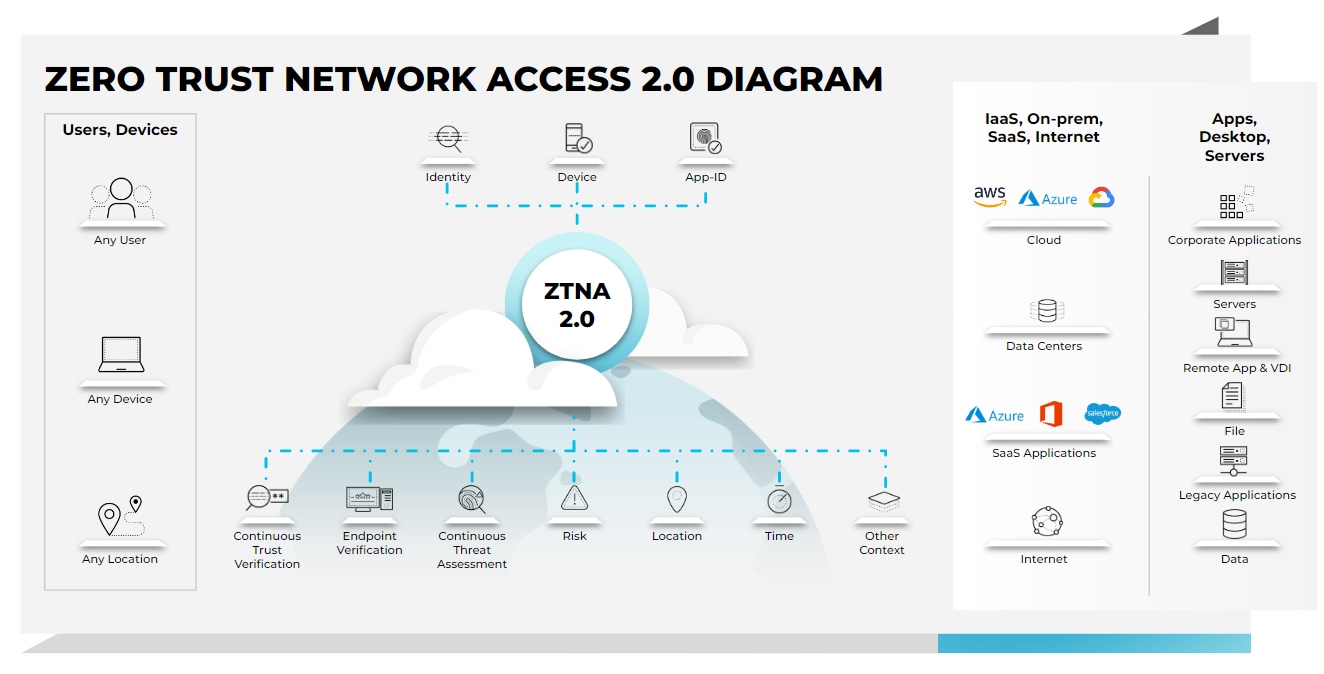What Are The Alternatives to VPN Connections?
There are many VPN alternatives that you can use to bypass blocking access to blocked websites or services. Also, alternatives perform the main function - they guarantee network security.Therefore, among the many alternative VPNs, you will definitely be able to choose an excellent option for yourself and will be able to increase your security level.
Virtual Private Network (VPN) is a tool to make you appear as if you're located in another country. This can be great for those who want to circumvent government censorship or avoid snoopers. However, the price of running a VPN connection is often too expensive for many users. Here are a few alternatives to VPN connections that may work just as well while being cheaper and more practical than VPNs.
Perimeter 81
Perimeter 81 is a free, open-source software project that allows you to connect to the internet via a VPN without running any additional software on your computer. It is based on OpenVPN and supports Windows, Mac OS X, FreeBSD, Linux and Solaris.
Perimeter 81 has been designed to be as easy as possible to set up and use. The application runs automatically after you have installed it on your system. After connecting, it will start filtering traffic through its servers and encrypting it with OpenVPN.
The application works well with all standard VPN protocols, including PPTP, L2TP/IPsec, SSTP and OpenVPN. This makes Perimeter 81 ideal for those who need an easy way to securely connect their computers to the internet behind an existing router or firewall without having to configure additional software on their systems.
Twingate
Twingate is a VPN service that offers free and unlimited access to its users. The service works similarly to Tunnelbear, which automatically connects you to a server in the location of your choice. It also has a 'Smart Locations' feature, which automatically connects you to the nearest server based on your site. As with Tunnelbear, Twingate uses the OpenVPN protocol for its encryption. This is excellent because it allows for more security than other protocols such as PPTP (Point-to-Point Tunneling Protocol).
Zero Trust Network Access
With the virtual private network (VPN) connection, the transmitted and received data is encrypted. However, there are other alternatives to VPN connections that you can use. These include Zero Trust Network Access. A Zero Trust Network, Access connection is a VPN that works with all major operating systems, including Windows, macOS, iOS and Android. The advantage of this type of connection is that it uses a dedicated server to route your internet traffic through a VPN tunnel rather than a public WAN IP address. This means that your data is secure from prying eyes on the network. With Zero Trust Network Access, you can still use apps like Netflix and Hulu without worrying about being tracked by the government.
Zero Trust Network Access is also an excellent option for those worried about exposing themselves online. If you don't want anyone to know what websites you're visiting, this is the perfect solution because it keeps everything completely anonymous.
Software-Defined Wide Area Networks
Software-Defined Wide Area Networks (SD WANs): SD WANs are software-defined networking (SDN) solutions that can provide seamless connectivity between geographically dispersed locations. They allow for dynamically provisioned connections between devices in different areas, which can be used to route traffic through the cloud before it enters the network. This approach is much more flexible than traditional VPNs since it allows you to take advantage of multiple paths between two points while maintaining security.
Telepresence
Telepresence refers to the ability to connect remotely with others as if they were physically present in the exact location. With telepresence, video conferencing is possible across oceans or continents, allowing people to interact as if they were sitting next to each other face-to-face. Telepresence has many applications, including telecommuting and education, but it has also been used by companies such as IBM and GE in their corporate settings.
Secure Access Service Edge (SASE)
Businesses should consider several alternatives to VPN connections, including Secure Access Service Edge (SASE) and Direct Access. SASE is a service that allows businesses to provide secure access to their servers, desktops and apps from anywhere in the world. It helps companies to meet compliance regulations such as Sarbanes-Oxley and HIPAA while providing them with increased security against malware and data loss.
VPN connections effectively protect your privacy and anonymity online, but they have some limitations. SASE is an excellent alternative to VPN connections if you're looking for a better solution.
SASE is a secure access service that lets you access the internet using your current computer or mobile device without having to use another computer or device. It's designed to make it easy for people who don't have access to Internet Explorer or other browsers on their computers or mobile devices. It's also useful if you need to access the internet while travelling or have limited bandwidth at home since SASE allows you to connect from anywhere with an internet connection.
Wrapping Up
Using a virtual private network (VPN) is one way to improve your security when using the internet. However, there are many alternatives to a VPN connection if you can't connect through your employer's IT department or don't want to pay a monthly fee. The above are alternative solutions to using VPNs that can help you remain anonymous while browsing the web.
Frequently Asked Questions
- Beyond SmartDNS and proxies, are there other emerging technologies that serve as alternatives to traditional VPNs?
- Yes, emerging technologies like decentralized VPNs (dVPNs) and Zero Trust networks are becoming alternatives to traditional VPNs. dVPNs offer a distributed approach to privacy, while Zero Trust networks provide a more secure, access-based approach to network connections.


